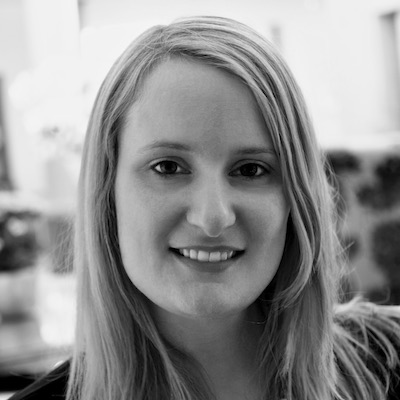
Babs is a Consumer Psychologist who has spent over 7 years studying & understanding the underpinnings of human behaviour. She holds an MSc in Consumer Psychology (Distinction), a BSc (Hons) in Psychology and is a Graduate Member of the British Psychological Society. She is also an experienced designer and her work sees her applying psychological theory to marketing & design projects. Babs specialises in the applied psychology of brand personality & perception, as well as developing effective, consumer-centric graphic design and marketing strategies.
I took the slightly less conventional but, in my opinion, the more enriching route into my consumer psychology career. Having done pretty well at school, I could’ve hopped off to uni at 18 like everyone else, but I didn’t because I didn’t know what on earth I wanted to study. All I knew was that I was fascinated by the ‘real world’ – whatever that meant, so off I went into the world of work. It was in my role as an Account Manager for a large organisation that I became fascinated with the use of psychology in business. Our internal training gave us insights into our personality profiles, our sales training was based around understanding how to profile our customers with the aim of better communicating with them. Our new business phone scripts were carefully crafted pieces of work, with specific language used to get the most amount of information from each call (to help build a stronger sales relationship). It was intriguing and left me wanting to explore further beyond what I was using at work.
However, I was convinced there couldn’t be a ‘one size fits all’ approach to human behaviour, whether it’s in the sales process, influencing through marketing or even through to our personalities. So I started reading. After a while I found I was reading so much social science literature that I thought it might be better if I read an actual textbook and enrolled on my first module with the Open University. I thought I’d stop after the first module but within a couple of months I was hooked. I was on the path to a BSc (Hons) in Psychology. I worked full time throughout my undergraduate degree and as I was introduced to all the new disciplines and concepts, I could see them in the ‘real world’. A common misconception with psychology is that it’s a discipline just for therapy. Whilst many career routes within psychology are positioned solely within helping those who have psychological difficulties, I was drawn to applying psychology to the world I was in – sales, marketing and design.
My first foray into the world of applied behavioural science was with my major project in my ‘3rd year’, where I designed an experiment looking into our thought patterns. Namely, counterfactual thinking and the temporal order effect. It’s a concept I’ll go into more in my articles but it’s a pattern of thinking that I can almost guarantee you’ll have been doing for most of your life on a near daily basis and not even realising it. I certainly have!
During my studying I moved into the creative world, working as a graphic designer. Through this I discovered more ways in which psychological theory can be applied to marketing assets to make them more effective and better for us as consumers. The essential role of cognitive psychology in attention, perception and memory of advertising and social psychology in advertising’s role in society, as well as the way in which we perceive and evaluate the brands we encounter. I decided this was where I wanted to specialise, so I completed one of the UK’s only MSc degrees in Consumer Psychology, at Anglia Ruskin University in Cambridge, where I obtained a Distinction grade.
Now I have pulled all my years of studying Psychology and working in sales, marketing & design together to create Consumer Cognition… A space focused on designing for, marketing to and truly understanding consumers, with all our wonderful ‘quirks’. It’s my aim to show how having a knowledge of consumer psychology can be mutually beneficial to both businesses and customers. Understanding our behaviour leads to better communication, more human-centred design, better experiences and better representations of our world, which in turn can benefit us all.